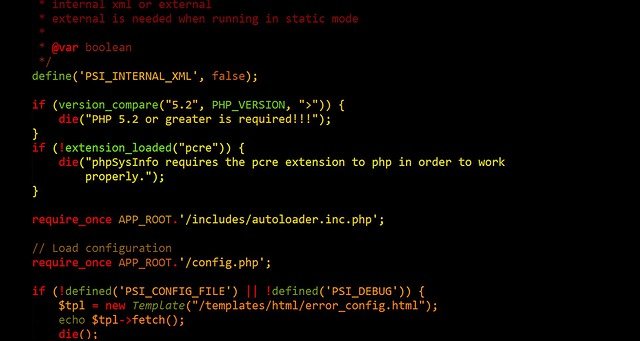
Providers are trying to wrap their arms — and their software — around almost 1,200 ICD-10 coding updates that go into effect starting this weekend, including an “explosion of codes” related to dementia diagnoses, one nurse assessment expert said Thursday.
Key ICD-10 changes for Fiscal 2023 include 28 revised codes and 251 deletions, all critical knowledge for MDS nurses and other billing staff as unintentional errors can lead to claim rejections, audits or other unintended consequences.
New mapping guidelines were established in the final pay rule for skilled nursing, and AAPACN Master Teacher Carol Maher, RN-BC, RAC-MTA, highlighted some of the most critical changes during an AAPACN webinar Thursday afternoon.
There are updates in many categories of diagnoses, but dementia saw an explosion, Maher said. Changes in severity diagnoses especially should be noted, she said.
Maher also said facilities should be sure to:
- Ensure teams have the tools necessary to correctly code diagnoses, including updated ICD-10 coding manuals;
- Obtain ICD-10-CM training for staff;
- Discuss the need for accurate and specific diagnoses with the medical director;
- Tell physicians to expect queries related to diagnoses;
- Partner with their medical directors to speak to hospitalists about consequences of “resolving” diagnoses on discharge that are still active diagnoses for the residents.
Maher stressed the importance of staying up to date as well. Each Oct. 1, facilities should:
- Run diagnoses reports in the electronic health record to identify which records include deleted or updated codes;
- Review physician documentation to identify which updated code would be appropriate;
- If more specific information is necessary, query the physician;
- Download the fiscal year 2023 PDPM mapping file
Maher said billing staff should review ICD-10 codes during triple checks, use billing software that edits for invalid codes, and include the interdisciplinary team in choosing the primary diagnosis and identifying comorbidities.
Other concerns include both MDS and therapy software, said Maher. She cautioned that it is the MDS coordinator’s responsibility to ensure that the Section I coding is correct, and to not expect that the software is accurately entering diagnoses from other parts of the software.
Source: https://www.mcknights.com/news/nearly-1200-icd-coding-changes-kick-in-saturday/